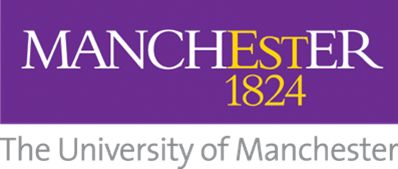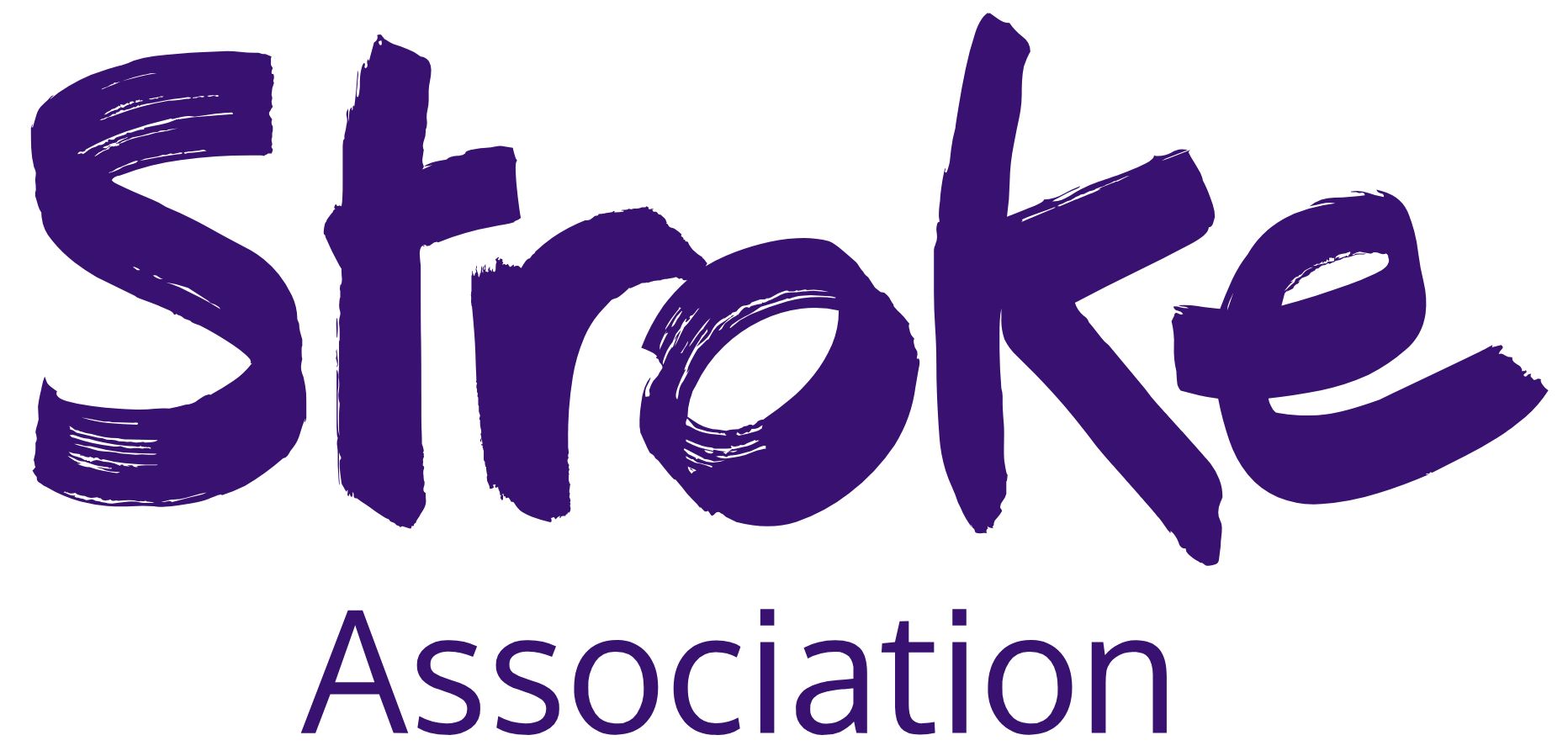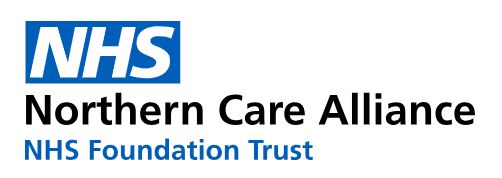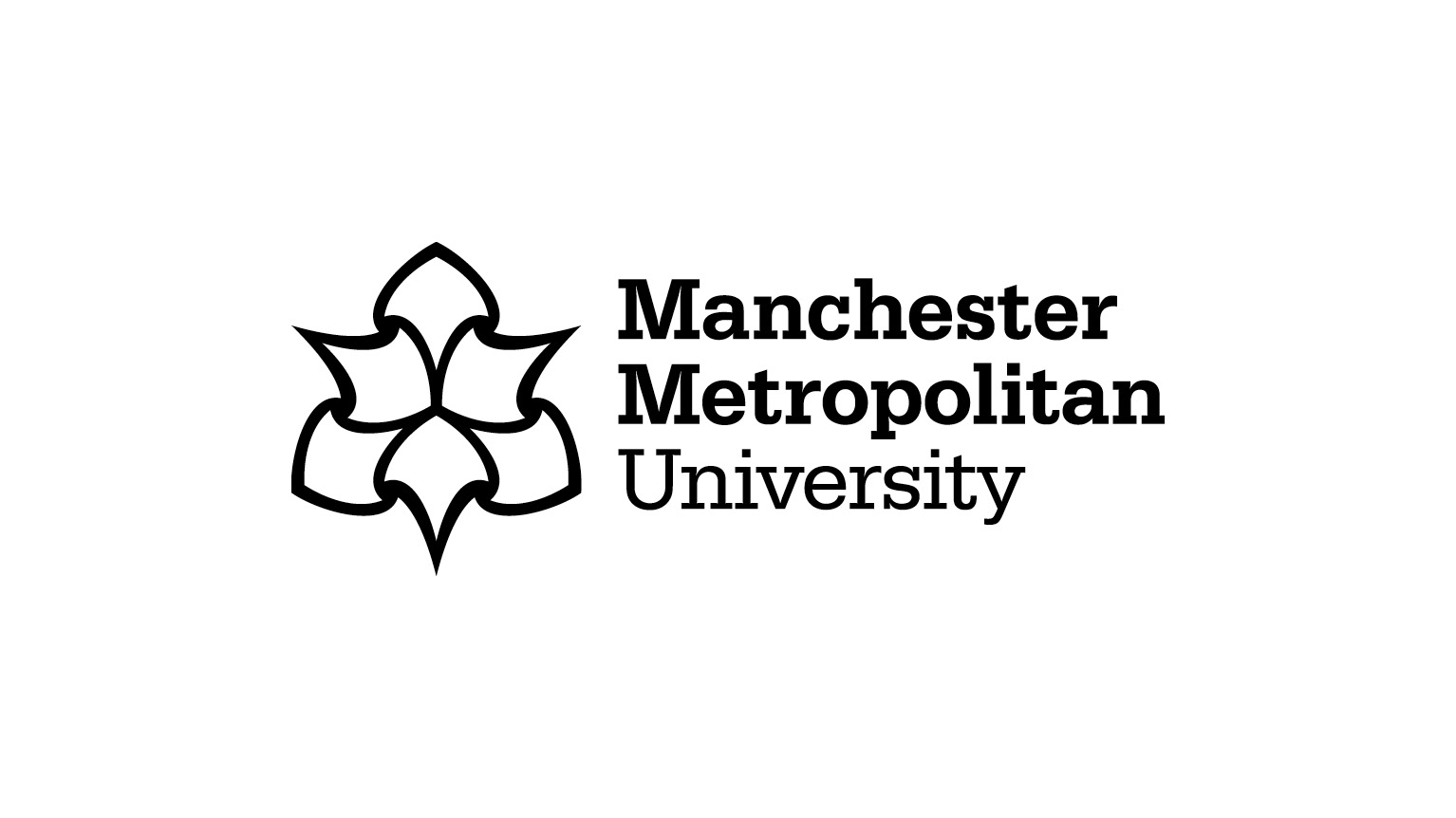WAterS-2 is a research study that will develop and test an accessible and inclusive psychological support programme for stroke survivors, considering ‘real-world’ implementation from the start.
In previous research, we collaborated with stroke survivors to co-produce a psychological support programme and found it could be successfully delivered and was also highly valued. We aim to develop the programme (WAterS-2) to reach more stroke survivors, including those often over-looked in healthcare and research. We will also test WAterS-2 in more workforce settings to learn how to offer support across the country, from a range of staff.
WAterS-2 is funded by the Stroke Association and represents a partnership between The University of Manchester, the University of Nottingham, Northern Care Alliance, and others.
Project background
Supporting psychological adjustment is the number one research priority for Life After Stroke, but we don’t know what support might work or who should provide it.
In previous work, we collaborated with stroke survivors to co-produce a psychological support programme – Wellbeing After Stroke (WAterS-1) – based on Acceptance and Commitment Therapy (ACT). This was offered online, by trained staff, to groups of stroke survivors. We found it could be successfully delivered and was highly valued by staff and stroke survivors.
In WAterS-2, we want to develop the programme to enable us to reach more stroke survivors, including those often over-looked and disenfranchised by healthcare and research; particularly people from minoritised ethnic communities and people with aphasia (difficulty speaking and reading).
We also want to test WAterS-2 in more settings to learn how to offer support across the country, from a range of staff, and how to implement within a broader stroke pathway. This will inform how we design a powerful research trial to test clinical- and cost-effectiveness.
Find out more about WAterS-1:
- Easy-access report on WAterS-1 findings
- Conference presentation of WAterS-1 findings (Youtube)
- Amazing Brains 2023 conference presentation on WAterS study
- WAterS-1 main scientific paper
- Stroke Association website listing for WAterS-1
- A scoping review to identify process and outcome measures used in acceptance and commitment therapy research, with adults with acquired neurological conditions

The WAterS-2 Research Advisory Panel (RAP) – visit our Research Team page for more information.
Information for participants
We outline our planned stages below. Our study adverts and recruitment information sheets will be available here when recruitment is active.
WAterS-2 is a two-year study with two stages. Stage A (co-development) and Stage B (feasibility testing).
All aspects of study design will be informed by our large group of collaborators. This includes our Study Management Group, Study Steering Committing, and a group of experts by experience: the WAterS-2 Research Advisory Panel (RAP). The RAP (pictured) consists of public champions and people with experience of stroke.
In Stage A, we will improve our clinical and research protocols. We will also interview healthcare providers and commissioners to explore barriers and facilitators of implementing WAterS-2 in different settings, considering workforce planning, and reaching diverse stroke survivors.
In Stage B, we will train staff to upskill them to deliver the WAterS-2 intervention at selected sites (for example NHS community stroke teams). We will then recruit a wide range of stroke survivors to receive the WAterS-2 psychological support programme over nine weekly sessions. We will measure ‘outcomes’ (for example wellbeing) to explore effectiveness and seek feedback on impact and improvements to make it more acceptable, inclusive, effective, and safe.
Information from Stage B will help us understand how to conduct future research and implement WAterS-2.
Project timeline
WAterS-2 is a two-year study with two stages. Stage A (co-development) will run from October 2023 to October 2024. Stage B (feasibility) will run from October 2024 to October 2025.
- January – April 2024: Interviews with healthcare providers and commissioners.
- May – September 2024: Finalise protocols and secure ethics approval for testing phase.
- October 2024: Testing phase begin. Sites recruited and staff trained.
- November 2024 – April 2025: Recruit stroke survivors and run WAterS-2 psychological support groups.
- July – October 2025: Collect follow-up outcomes and feedback data. Write up and disseminate findings.
Connect
To learn more about the WAterS-2 project, please get in touch:
- Email: waters@manchester.ac.uk
- Telephone: +44 (0) 161 275 3401
You can also follow us on social media for the latest updates:
Want to receive our newsletter? Please contact us and ask to be added to our mailing list. We will only keep your details for this purpose and we will hold them in secure storage only for the life of the study.






